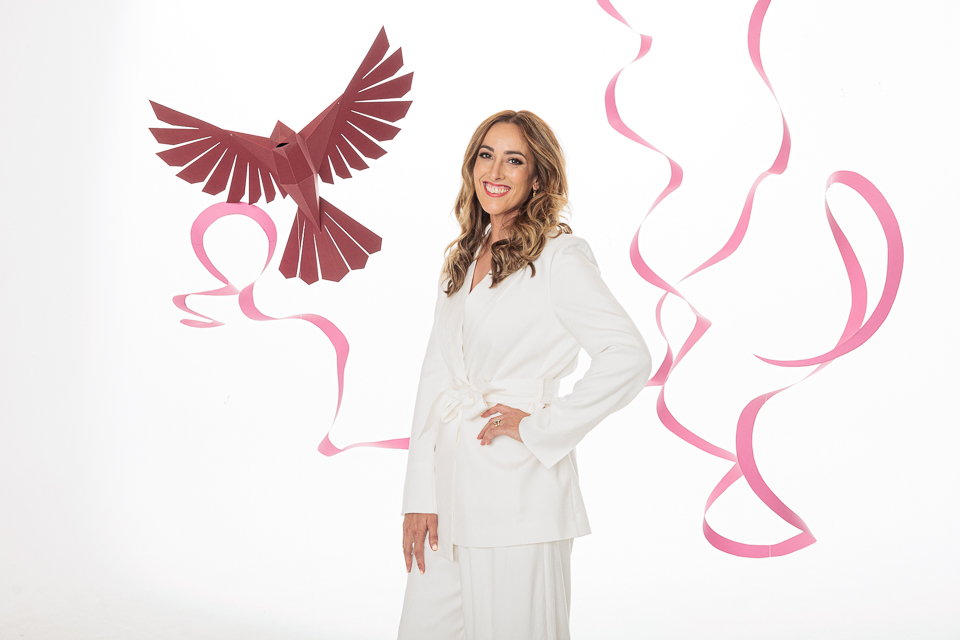The Music of Rusalka
Ahead of conducting West Australian Opera's upcoming season of Rusalka, Artistic Director Christopher van Tuinen offers insights into the Romantic music of this incredibly beautiful opera.
Can you tell us about the music of Rusalka?
Rusalka has some of the most beautiful music ever written for an opera. Dvořák had just returned from several years living in America, absorbing a number of influences, and while there had written pieces such as the New World Symphony. When he returned home he wanted to focus on opera and specifically tell stories from and relevant to his native Czechoslovakia. With music to match. So what we see in Rusalka is a master composer, at the beginning of the twentieth century but still very much writing romantic music, inspired by his experiences and his homeland. It’s his best work.
Why is Song to the Moon so loved?
The simple answer is that it’s a great tune. The melody is simple but soaring, it captures the melancholy and longing that she feels in this moment. We also hear it twice, identical music to different words so it’s got a good chance of staying in the ears. Rusalka’s story is ultimately about feeling like you don’t belong, that a force like love can transform you in ways that break the bonds of your past, that we should see the pitfalls of that and the courage that might be required to pursue it. A water spirit sitting on the edge of a pond and singing about the moon? Sums that up pretty well.
Why is Rusalka so demanding as a role for sopranos?
There have been many great performers who have tackled Rusalka and it requires incredible singing and acting. Musically it ranges from soft and sweet to full throttle anger, all over the range. The orchestration is big so it’s a wrestle to engage with that. Acting wise, the character shows a full arc of emotions. We see her in control and also completely lost, the openness to act that is incredibly challenging. It’s a massive journey and she’s on stage most of the time. Including the large section of Act 2 when she’s on stage but mute!
In what ways does the music capture the mystical and dreamlike qualities of this opera?
Not just the mystical and dreamlike but everything else in between! Most good composers can write a nice tune and balance it with interesting chords. What I’m enjoying most about Rusalka is the mastery of Dvořák at this point in his career. The way he combines the instruments, the way some music comes back to represent certain people or emotions, the fact that he leaves silence in there or just uses a couple of instruments before bringing everyone back in. We’re in great hands with this opera and everyone can find something to love in this music.

How does the score integrate elements of Czech folk music?
The thing about “folk music inspired composers” (and here I’m thinking about Beethoven, Bartók, Dvořák, Stravinsky, Grainger etc.) is that it’s a jumping off point. Yes there are some quotes perhaps, some things you can say “oh that sounds like” but really all they’re doing is saying “see these intervals and these chords? They’re telling us that "we’re in this time and place, that I want you to feel this emotion or have this thought”
It helps people listening to the opera find a smoother path into the emotion of the music, no different to composers writing sad words to sad chords or, more ambiguously, occasionally writing happy words to sad chords, making us think “I wonder…” It’s brilliant stuff.
West Australian Opera presents Rusalka at His Majesty's Theatre from 18 - 27 July. Book here.


